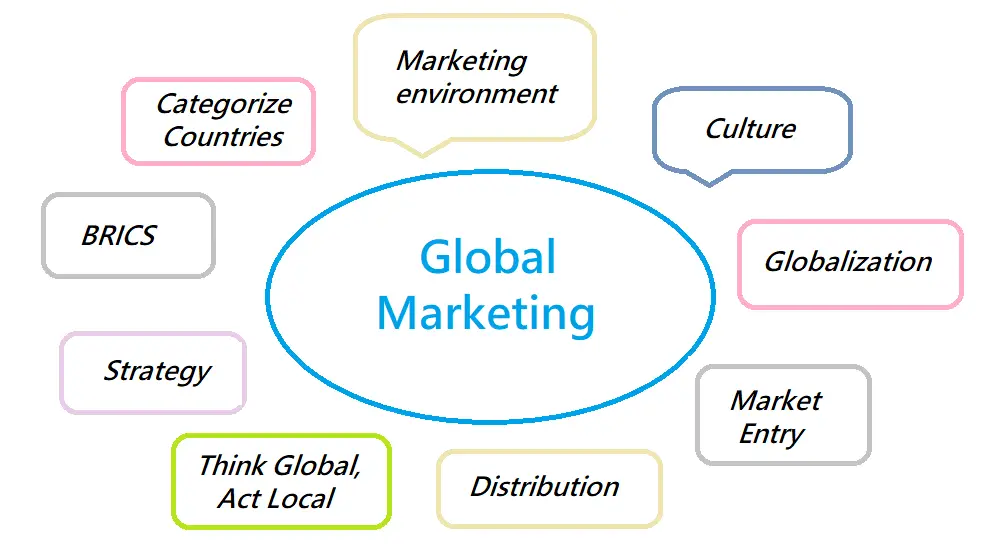
Growth into new markets is ceaselessly crucial for firms to develop, and there could be a consistent quest for concepts with market-creating possible. However what if the very processes designed to lend a hand in finding the ones leap forward solutions in fact run the danger of killing them? How do you steer a trail between nurturing novel solutions and but additionally subjecting them to the rigorous scrutiny wanted to make sure they’re in reality viable?
The price of having access to new markets is demonstrated by way of corporations similar to Amazon, which first expanded its on-line guide gross sales to include a a ways wider vary of goods, then branched into developing technical units similar to Fireplace and Kindle. Steadily, alternatively, corporations cross down the more secure course of manufacturing new merchandise for present markets, even supposing they could make a ways better earnings by way of growing the competences to go into new product markets. What can lend a hand corporations determine and take hold of alternatives for expansion? And the way can they reinforce their skill to choose new market-creating solutions?
Explanation why, instinct or either?
To reply to those questions, our analysis fascinated about two elements, either one of which were proven to steer how people take selections and the way neatly they carry out. The primary is cognitive taste, or the way in which that folks normally procedure news. The second one is the level to which corporations formalise their new-product analysis and choice processes.
Analysis presentations that managers’ cognitive taste can also be both rational or intuitive when comparing solutions (Eling et al. 2015, Sukhov et al. 2021). With a rational taste, the option to information-processing and decision-making is analytical, rules-based, and systematic. Managers with this sort of predisposition make an in depth, correct, and complete review of latest product solutions, which is recommended for making sure that the judgements made are rigorous and logical.
Against this, the ones with an intuitive taste function extra on intestine feeling, and procedure news in a extra experiential and holistic means. They’re more likely to be eager about solutions that provide nice possible to create new markets, and don’t seem to be intimidated by way of their vagueness or the hazards concerned. They’re extra receptive to ambiguous news – doubtlessly extremely precious, since new product solutions are ceaselessly elusive ideas.
Simply as people vary, so do the approaches favoured by way of corporations. Some will instigate procedures that inspire extra analytical selections – as an example, the use of formal thought analysis gear similar to grid evaluation tactics and weighted point-rating analysis matrices. Others might go for extra casual techniques of comparing solutions, which depart more space for evaluators to attract on their instinct.
In our analysis, we needed to find how variations in person cognitive taste and formalisation inside an organization would affect the way in which managers evaluated solutions. Would they impact their skill to recognise and choose new market-creating solutions?
Deciding which solutions make the lower
We surveyed 138 thought evaluators from Eu high-tech corporations within the electronics and machine-manufacturing industries. Greater than a 3rd labored in R&D, a 3rd had industry unit or product control duties, and kind of 16% have been best managers. On reasonable the respondents had 9 years’ revel in of comparing solutions for his or her corporations.
Managers have been requested to believe their very own most well-liked taste. They have been requested, as an example, to what level they regarded as the advantageous element of each and every thought and the way a ways they depended on intuition when deciding what to do. In addition they equipped insights into the level to which their corporate used formalised thought analysis processes and their very own thought analysis behaviour. Would they, as an example, believe an concept to be value pursuing as it “suits present shoppers’ said wishes”, “is helping to extend gross sales in our present markets”, or “caters to a marketplace that doesn’t but exist and thus has the facility to profoundly trade {the marketplace}”?
What our findings confirmed is that:
-
Rational thought evaluators generally tend to hunt out solutions that concentrate on an organization’s present strengths.
-
Intuitive evaluators focal point extra on figuring out alternatives to go into new markets.
-
For intuitive evaluators, a extremely formalised analysis procedure reduces their emphasis on locating alternatives in new markets.
This closing locating specifically signifies a key risk in formalised new product building: If the choice procedures are too inflexible, this inhibits intuitive evaluators, making them much less in a position to identify new alternatives and reputedly killing their entrepreneurial spirit. Doubtlessly precious solutions might thus be misplaced.
Our effects due to this fact recommend that it’s essential to pay shut consideration on your thought analysis processes in case your function is to seek out extra new marketplace alternatives on your corporate. Specifically:
-
Be transparent concerning the goal of your thought analysis periods: Contain intuitive evaluators while you’re in search of new market-creating solutions, however if you happen to’re in quest of solutions which can be incremental advances on present merchandise, use extra rational evaluators.
-
Believe the use of a two-stage analysis procedure. Within the first degree, intuitive people might be given freedom to attract up a shortlist of latest market-creating solutions with out the use of formal analysis standards. In the second one degree, a panel of either rational and intuitive evaluators may just read about the ones solutions in combination, assessing them in opposition to extra formal standards. This might be helpful because the formal standards will stimulate reflectiveness amongst evaluators and make certain that an organization builds on its strengths.
Supply By way of https://theconversation.com/gut-feel-or-rational-analysis-both-may-be-vital-in-finding-winning-ideas-for-new-markets-159496







